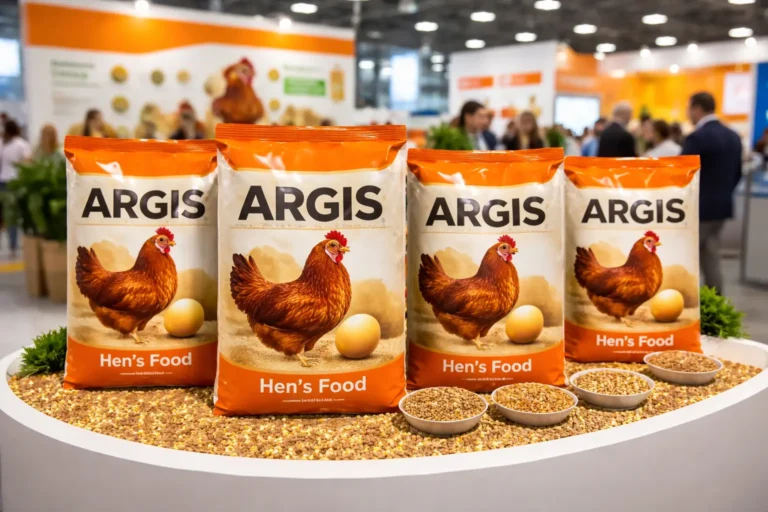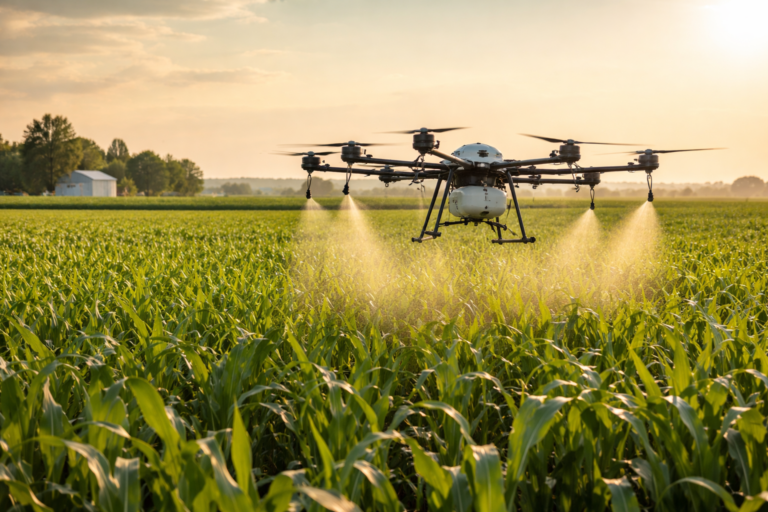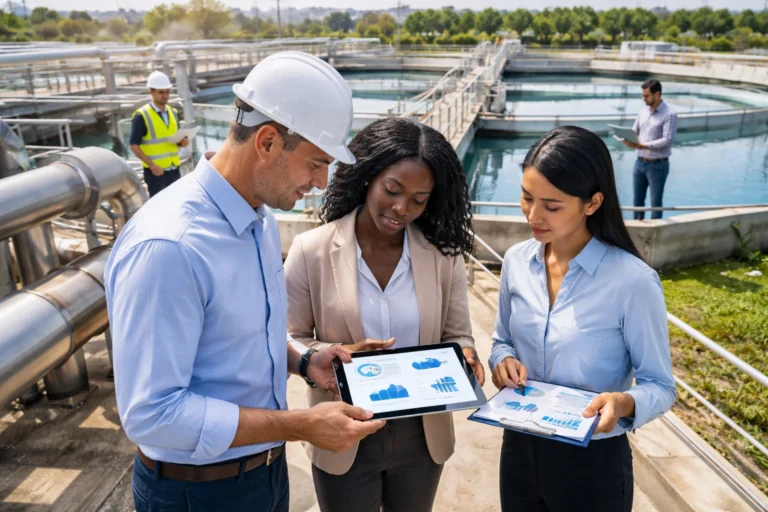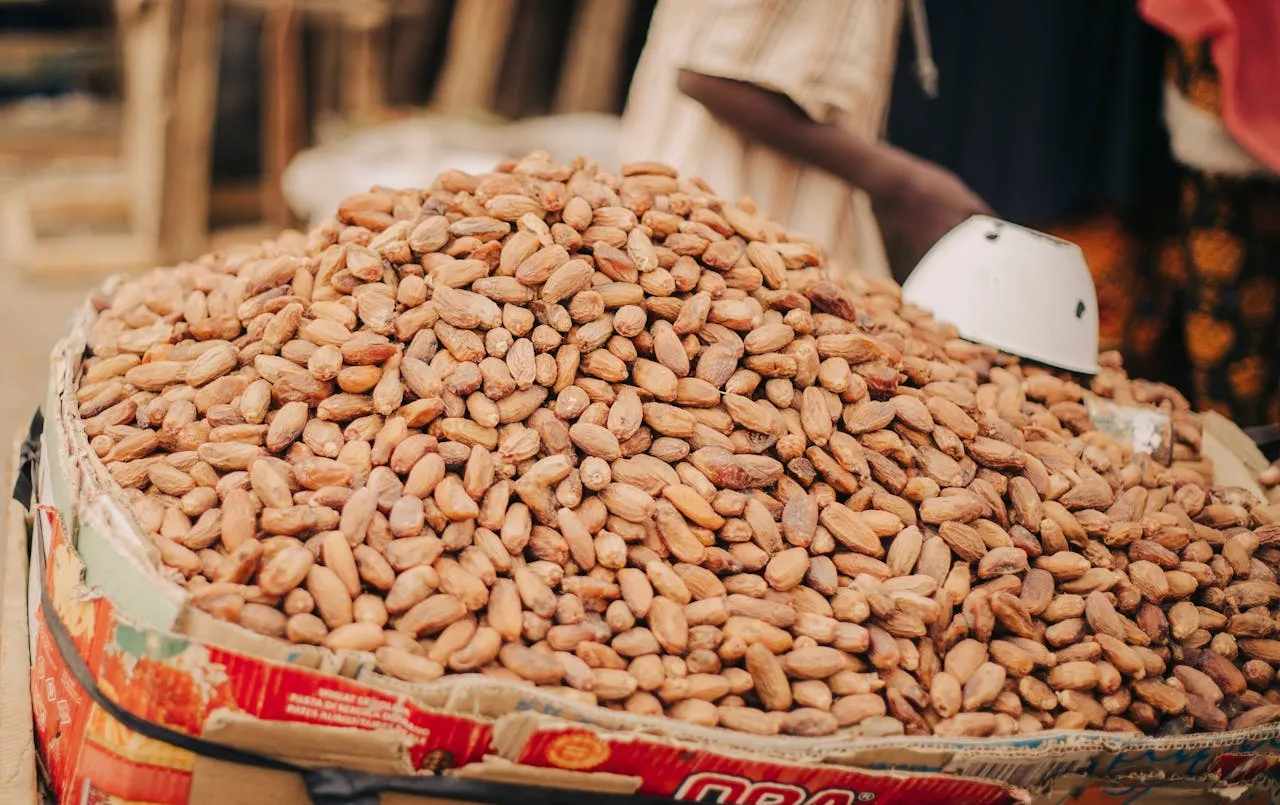
Cargill has unveiled a comprehensive transformation of its global cocoa supply chain, marking a major step forward in its commitment to sustainability, efficiency, and environmental stewardship. The multinational agribusiness giant announced a series of integrated initiatives that span the entire cocoa value chain—from bean origination in West Africa to advanced processing facilities in Europe—aimed at reducing carbon emissions, cutting waste, and enhancing logistics efficiency.
This large-scale transformation positions Cargill as a frontrunner in redefining what a sustainable and climate-conscious supply chain can look like for the global cocoa and chocolate industry.
“Sustainability isn’t a single project at Cargill—it’s how we operate,” said Emiel van Dijk, Managing Director of Cocoa & Chocolate Europe and West Africa. “From circular waste reuse to renewable transport and clean energy, we’re showing that climate action can scale, without compromise.”
Building Sustainability at Origin
The journey begins in the heart of West Africa—Côte d’Ivoire and Ghana—where Cargill sources a significant portion of its cocoa beans. These countries are not only vital to the global cocoa economy but are also where the company has rolled out a series of impactful upgrades.
In Côte d’Ivoire, what was once seen as agricultural waste—cocoa shells discarded after bean processing—is now harnessed as a sustainable energy source. These shells are repurposed to power biomass boilers, significantly reducing the need for fossil fuels in local operations. This not only decreases emissions but also adds economic value to materials that were previously thrown away.
In neighboring Ghana, a state-of-the-art solar energy facility now powers Cargill’s cocoa production site in Tema. This facility stands as a beacon of clean energy adoption in the region and aligns with Ghana’s national objectives for renewable energy integration. In addition, Cargill has introduced a fleet of ISO-certified tanks, replacing traditional disposable packaging used for liquid cocoa transport. This change alone has the potential to eliminate up to 100 metric tons of packaging waste per month, reflecting a shift toward zero-waste logistics from the very start of the supply chain.
Seamless, Smart Logistics in Europe
After cocoa beans and semi-finished products leave West Africa, they enter Cargill’s highly coordinated European logistics ecosystem—one of the most advanced in the global cocoa sector. Upon arrival, beans are stored in solar-powered warehouses strategically located near Amsterdam, Netherlands. From here, they are transported to Cargill’s manufacturing plant in Zaandam using the world’s first fully electric inland barges.
These groundbreaking electric vessels operate without fossil fuels and eliminate approximately 190,000 kilograms of CO₂ emissions annually. To power these operations, Cargill has partnered with Swedish energy company Vattenfall through the Windpark Hanze renewable energy project. This initiative provides wind-generated electricity not only for the electric barges but also for Cargill’s Dutch facilities, cementing a closed-loop system of clean energy use.
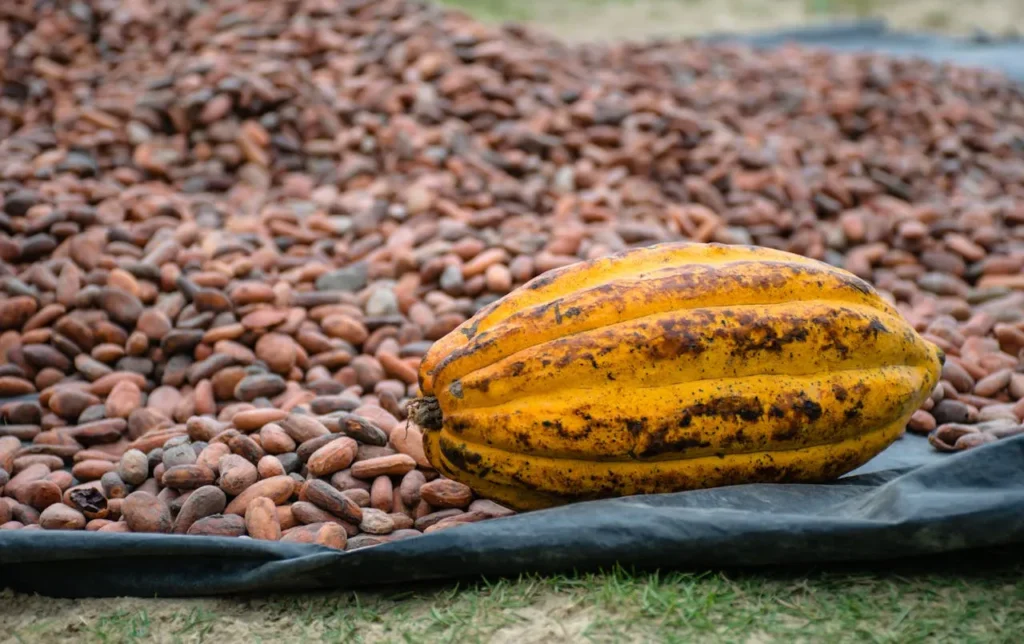
Circular Solutions and Clean Energy in Processing
Once at the processing site in Zaandam, the commitment to sustainability continues. Cocoa shells, after serving their purpose in production, are once again repurposed—this time to fuel a new biomass boiler at Cargill’s facility in Amsterdam. This system is designed to slash greenhouse gas emissions by approximately 19,000 metric tons per year.
Combined with the emissions reductions from Windpark Hanze, Cargill’s operations in the Netherlands are now poised to cut total CO₂ emissions by an estimated 31,000 tons annually. This figure represents an emissions reduction of up to 90% at specific processing sites—an achievement that places Cargill well ahead of industry benchmarks for environmental performance.
Sustainable Last-Mile Logistics
The final leg of Cargill’s cocoa journey—from processing to distribution—is equally sustainable. Semi-finished cocoa products are transported to Wormer, home to the world’s largest cocoa processing facility, using low-emission BIO-LNG trucks. These trucks utilize bio-liquefied natural gas derived from organic waste, further reducing the carbon footprint of logistics.
Finished cocoa powder is then stored at a next-generation warehouse in Zaandam. Operated in collaboration with Green Valley Cocoa Logistics, the facility incorporates cutting-edge sustainable technologies, including rooftop solar panels, automated guided vehicles (AGVs), and intermodal transport links (rail and barge). These innovations enable highly efficient, low-impact delivery to customers across Europe.
“This is what sustainability at scale looks like,” added van Dijk. “It’s measurable, circular, and designed to serve both people and the planet.”
Supporting Global Climate Goals
Cargill’s transformation of its cocoa supply chain is not an isolated initiative but a cornerstone of its broader environmental strategy. The company has committed to reducing its operational greenhouse gas emissions by 10% by 2025 and aims to cut supply chain emissions by 30% per ton of product by 2030.
Through clean-energy investments, zero-waste operations, and smart infrastructure, Cargill is not only making its cocoa operations more sustainable but is also setting an example for the broader food and beverage industry. These actions are aligned with global climate frameworks, including the United Nations Sustainable Development Goals (SDGs), particularly SDG 12 (Responsible Consumption and Production) and SDG 13 (Climate Action).
A Blueprint for the Future of Cocoa
Cargill’s approach to transforming its cocoa supply chain goes beyond compliance or public relations—it serves as a tangible roadmap for how large-scale agricultural companies can build resilience in their supply networks while achieving aggressive sustainability targets.
The integration of renewable energy at every level of the supply chain, the shift from linear to circular systems, and the adoption of innovative, low-emission logistics represent a new era of climate-forward supply chain management.
With these coordinated investments, Cargill reaffirms its leadership in sustainable cocoa sourcing and processing, while demonstrating that climate-positive business practices can drive efficiency, innovation, and long-term value—both for the company and for the communities it serves.



